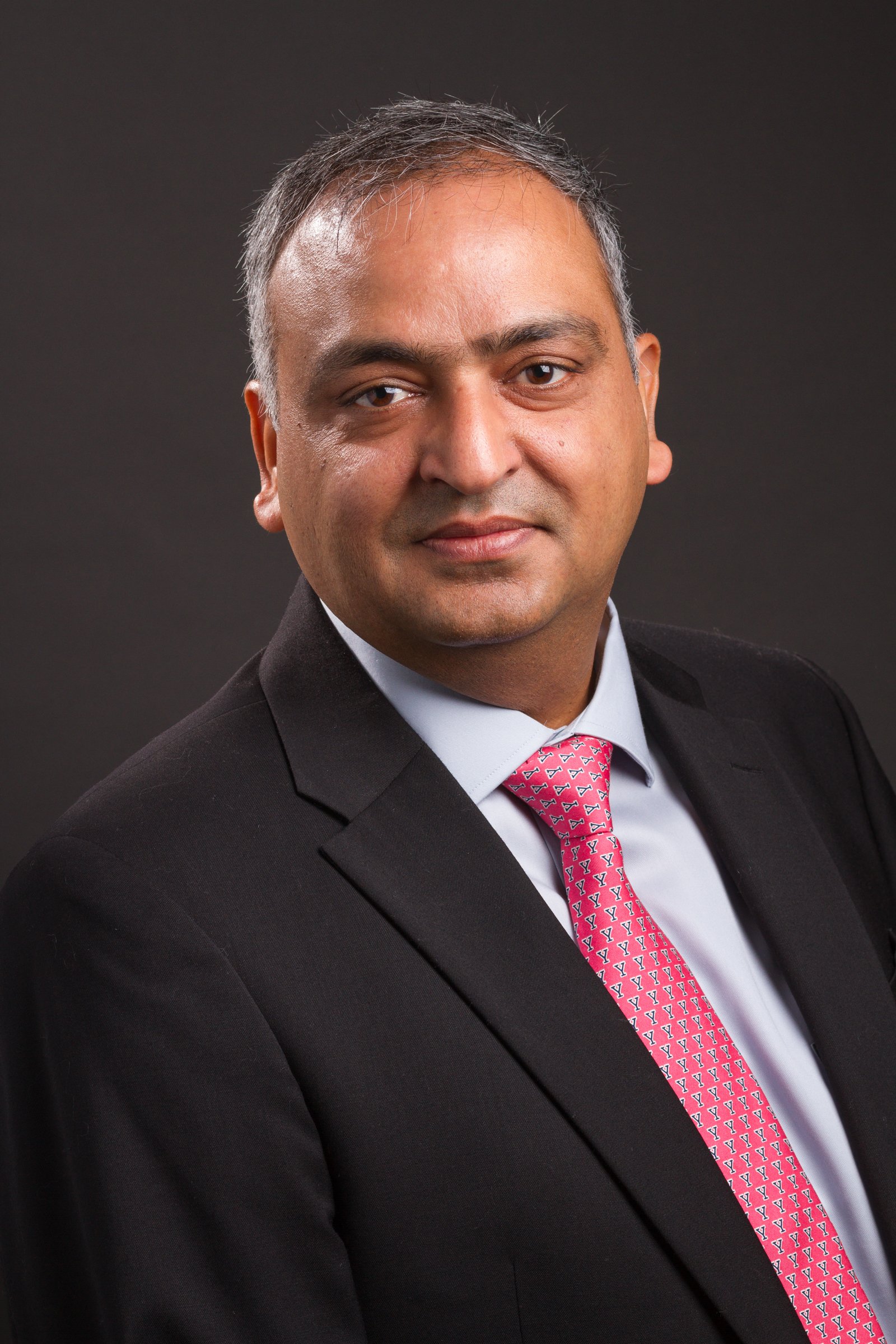Vishwa Deep Dixit, DVM, PhD
Waldemar Von Zedtwitz Professor of Pathology, Immunobiology and of Comparative Medicine; Director, Yale Center for Research on Aging (Y-Age)
Son of teachers, Deep grew up in Hisar (northwest India). He studied veterinary medicine in India, and did PhD research at the University of Hannover, Germany, and postdoctoral research at Morehouse School of Medicine, in Atlanta, and the National Institute on Aging (of the National Institutes of Health), in Baltimore. He currently holds the Waldemar Von Zedtwitz endowed chair and is a professor in the departments of Pathology, Comparative Medicine, and Immunobiology at Yale University. Dixit is also director of the Yale Center for Research on Aging (Y-Age) at Yale School of Medicine.
The Dixit lab studies the interactions between immune and metabolic systems that control inflammation and the process of aging. His team helped establish NLRP3 inflammasome activation as a key mechanism of “inflammaging” and immunosenescence that leads to age-related degenerative conditions including metabolic dysfunction. Dixit and his collaborators have identified that switching the metabolic state from utilization of glucose to generation of fat-derived ketone bodies inhibits inflammation by deactivating the NLRP3 inflammasome and reduces immunopathology. Through its recent work, his laboratory discovered that the moderate restriction of calories in middle-aged humans, which induces negative energy balance, reveals endogenous targets that reign in inflammation and may play a role in enhancing healthy lifespan. Ongoing research in Dixit’s lab is focused on interrogating how the nutrient and energy-sensing mechanisms in a host can be harnessed to identify immunometabolic checkpoints to enhance health and longevity. Dixit’s research has been published in leading scientific journals, and he has been recognized for his work by numerous awards from scientific societies including the National Institute on Aging. Research in the Dixit laboratory is funded in part by the Cure for Alzheimer’s Foundation and the National Institutes of Health.
